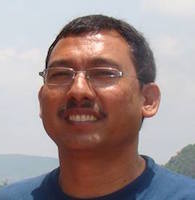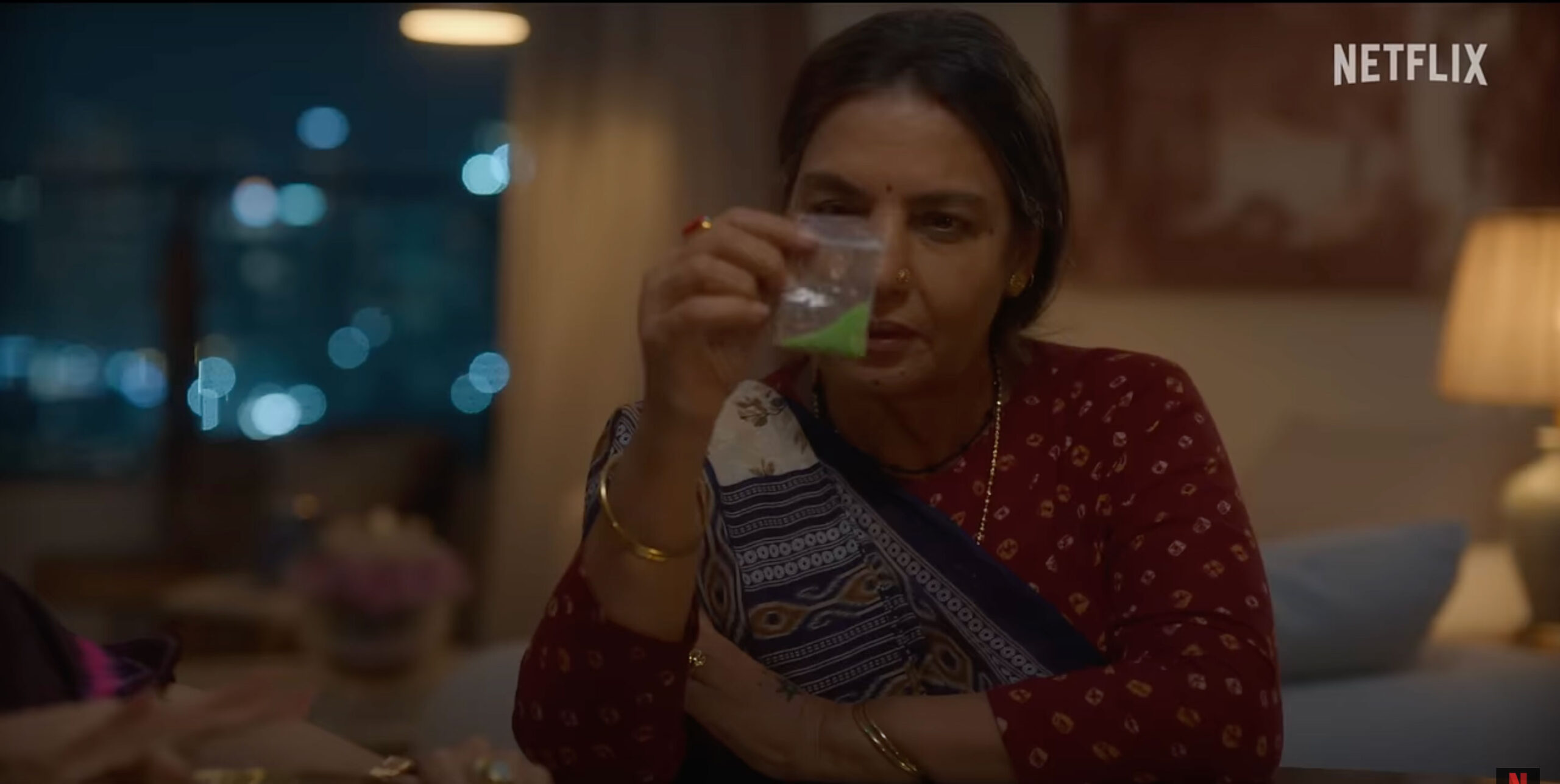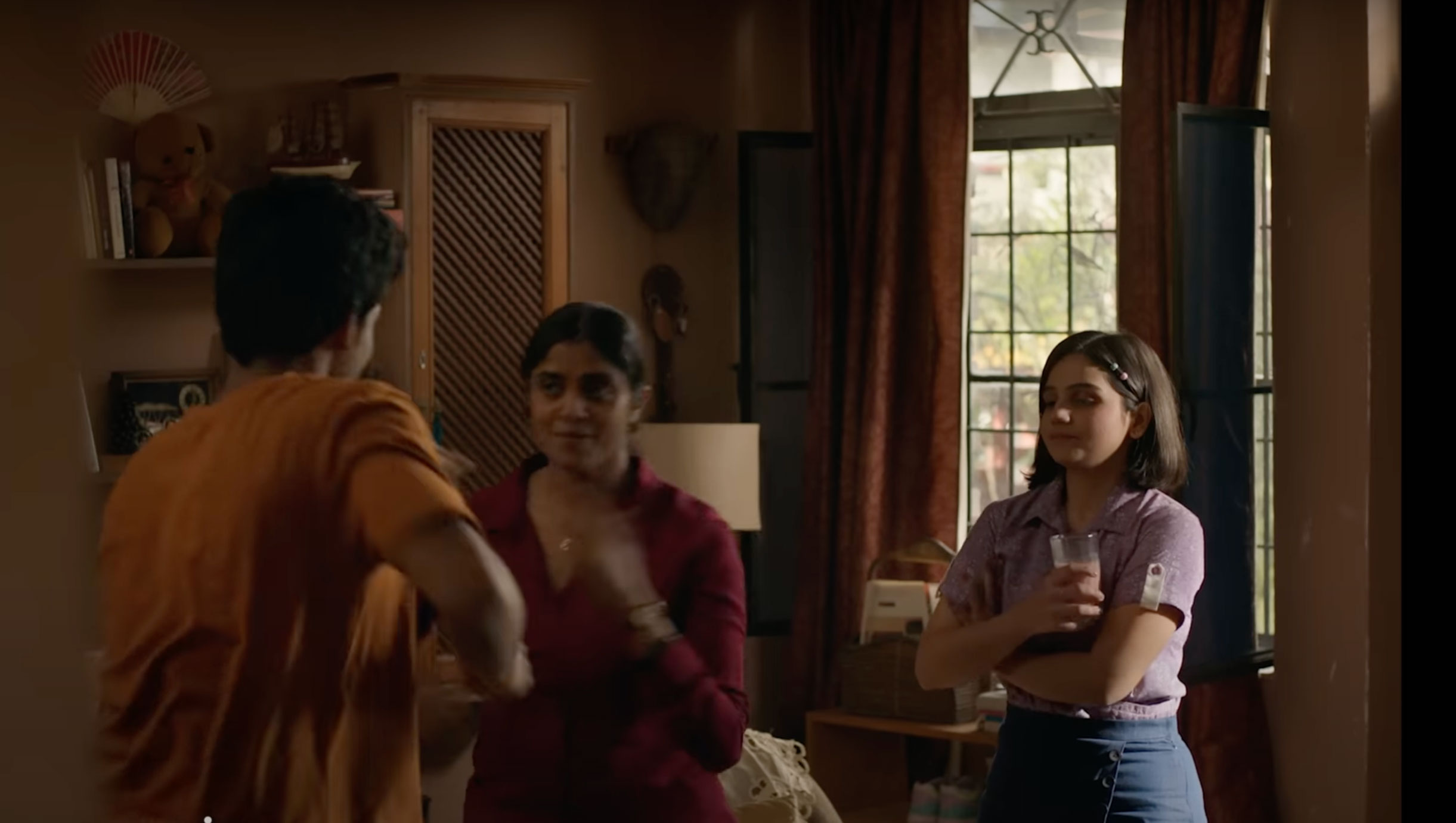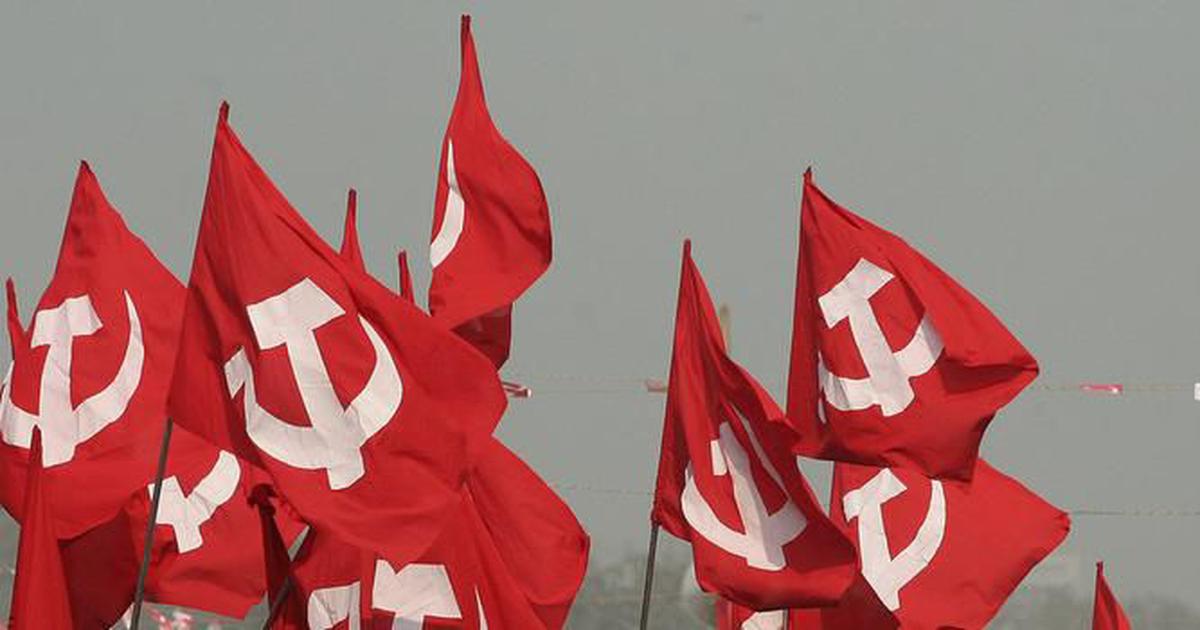After the cold-blooded murder of Billipuram Nagaraju, a young man from Hyderabad, the mainstream media almost all over country went into mourning. The common refrain was that only Muslims are “like that” and are the only people dead opposed to love.
Nagaraju had married his childhood friend Ashreen Sultana at an Arya Samaj temple. It was reported that Nagaraju was even ready to convert to Islam, if that would make his fiancée’s family consent to their marriage. But they did not give their consent. The two got married on 31 January 2022. A leading online magazine ran a story saying that the wedding went off smoothly as Arya Samaj has no issues with inter-religious marriages. However, before the wedding, Ashreen was made to convert to Hinduism and renamed Pallavi. That is because Arya Samaj doesn’t perform weddings unless both the bride and the groom are Hindus.





